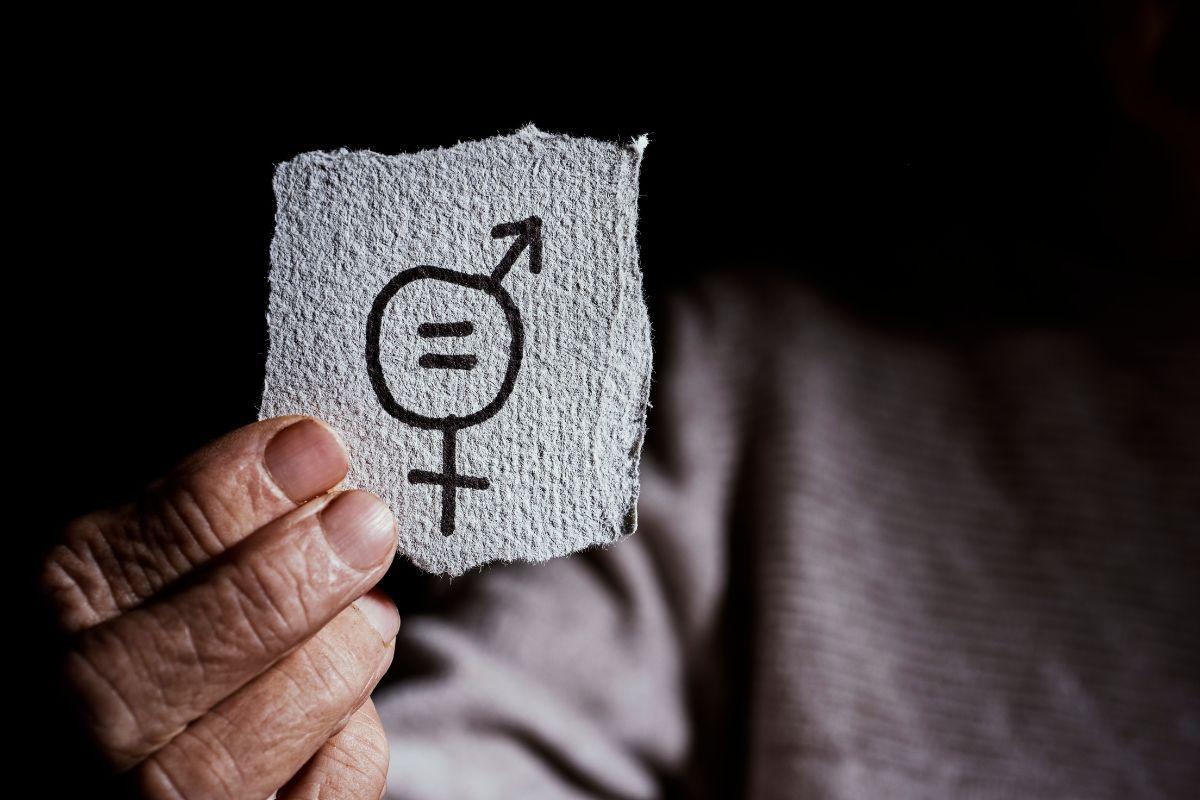In many countries where Demo Finland works, the opportunities for different genders to participate in political decision-making are far from equal. The example of Finland, with 46% of its MPs being women, may seem like a distant dream – despite the fact that women also in Finnish politics face harassment and glass ceilings, among other things. Persons with disabilities and other minorities also face several barriers to political participation, both in Finland and elsewhere.
Quotas are positive special treatment. They often ensure that representatives of politically underrepresented groups are included in decision-making processes. Sometimes quotas are called positive discrimination because they can be seen as reducing the access of the majority to decision-making. However, the reasons for the need for quotas or similar mechanisms of positive discrimination are probably obvious to all: not all population groups have the same social and economic resources to participate in political decision-making. Quotas can be one means of achieving inclusive decision-making where there are structures of inequality in society.
Democratic equality of authoritarian diversion?
Rwanda, where 61.2% of parliamentarians are women, is often seen as a real pioneer in women’s participation. This is due to the fact that the country’s constitution sets both a gender quota and so-called special seats for women at both parliamentary and sub-national level. According to the V-Dem Democracy Report, Rwanda is an electoral autocracy, and it is known not only for severe restrictions on political opposition but also for other human rights violations. President Paul Kagame has been in power since the 1990s.
Researchers have identified a phenomenon called genderwashing, of which Rwanda is one example. By promoting political inclusion, such as women’s participation in politics, authoritarian countries may seek to divert attention from the fact that in reality, highly undemocratic practices still exist in other sectors of society. Increasing the numerical representation of women through a quota or similar system creates an image of a country as equal and progressive. This can create opportunities for the country to attract international funding: the increase in the number of women representatives is an indicator that many donors monitor.
In authoritarian states with gender quotas, women’s opportunities to influence political processes or to reach leading positions in politics can be very limited.
It is telling that in Asia, women hold more seats in parliaments in authoritarian countries than in more democratic countries. In Vietnam, for example, women representatives were originally used as a means of increasing the legitimacy of the authoritarian regime. In reality, in authoritarian states with gender quotas, women’s opportunities to influence political processes or to reach leading positions in politics can be very limited and their role is often mainly symbolic. In the worst cases, male leaders of political parties choose their sisters or wives for quota seats. They then mainly represent their families.
Sri Lanka also introduced a 25% gender quota in the 2018 local elections. The reason for this was that the participation of women in political decision-making in Sri Lanka is alarmingly low: only 5.3% of MPs are women. However, there were a number of problems with the introduction of the quota, which meant that it has not fully worked as hoped.
From numbers to real representation
It is also clear from the reports and research conducted in Demo Finland’s recently completed project in Sri Lanka that women’s real influence in local councils is still limited because they do not have access to the informal networks dominated by men where decisions are actually made. In addition, women in politics are subjected to a great deal of belittling and violence in various forms, including accusations of incompetence and inexperience.
The real causes of the problems associated with the quota are related to its introduction without taking into account the inequalities and patriarchal structures of Sri Lankan society and the political system. However, the network of women politicians formed in Demo Finland’s project is now in a position to provide significant support to its members and to strengthen their skills in different areas of politics.
Quotas may well be about something quite different from a real desire to promote the political participation of different genders and minority groups. They are a good tool, if used correctly and taking into account the unequal structures in society as well as other legislation on political participation and political parties. To strengthen quotas, necessary support systems can be built for public institutions, political parties and candidates themselves.
Quotas are a good tool, if used correctly and taking into account the unequal structures in society.
The example of Sri Lanka showed how central political parties are to the political participation of women – or any other underrepresented group. Supporting the parties’ own structures and practices, for example through gender equality plans, are ways of enabling equal participation. During Demo Finland’s work in Sri Lanka in 2019–2023, political parties were supported in understanding the opportunities and experiences of different genders in political parties and politics. Information and materials on the topic were also produced for the use of political parties.
There are other quota systems, for example related to disability, ethnic or religious groups or other minority status in society. In Kenya, where Demo Finland also operates, political parties are required to nominate a certain number of persons with disabilities to the Parliament and the Senate. Quotas related to ethnic or religious minority identity have been in place in countries such as Singapore and Burundi.
All in all, quotas improve the participation of minority groups in political decision-making, at least in numerical terms, but the numbers don’t tell the whole story. Whether quotas improve the position of a group in society more broadly, or whether they are even specifically intended to do so, is another question altogether. Quotas work best if other support systems are built around them. After all, equal participation in all political decision-making should be possible for everyone.
—
The views expressed are those of the author and do not necessarily reflect the views of Demo Finland.

